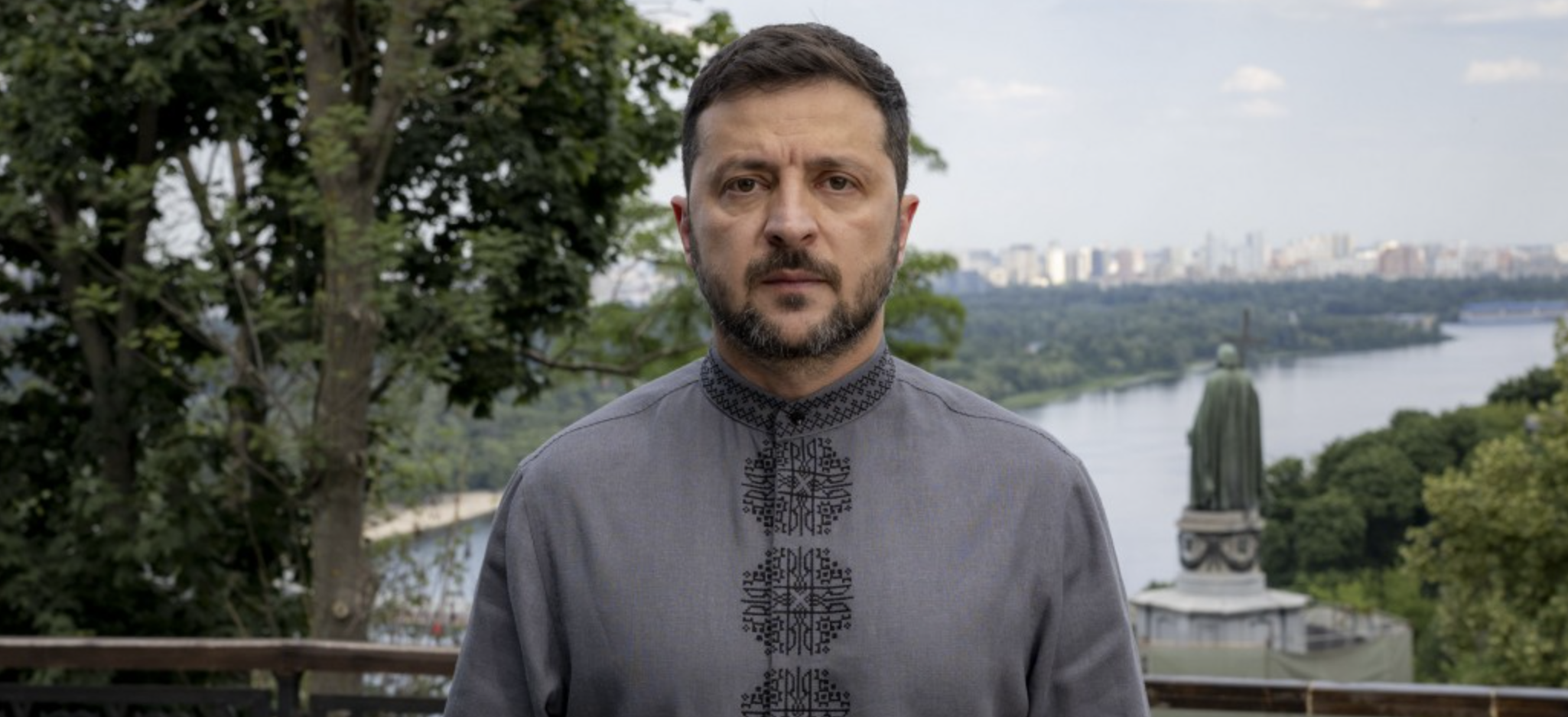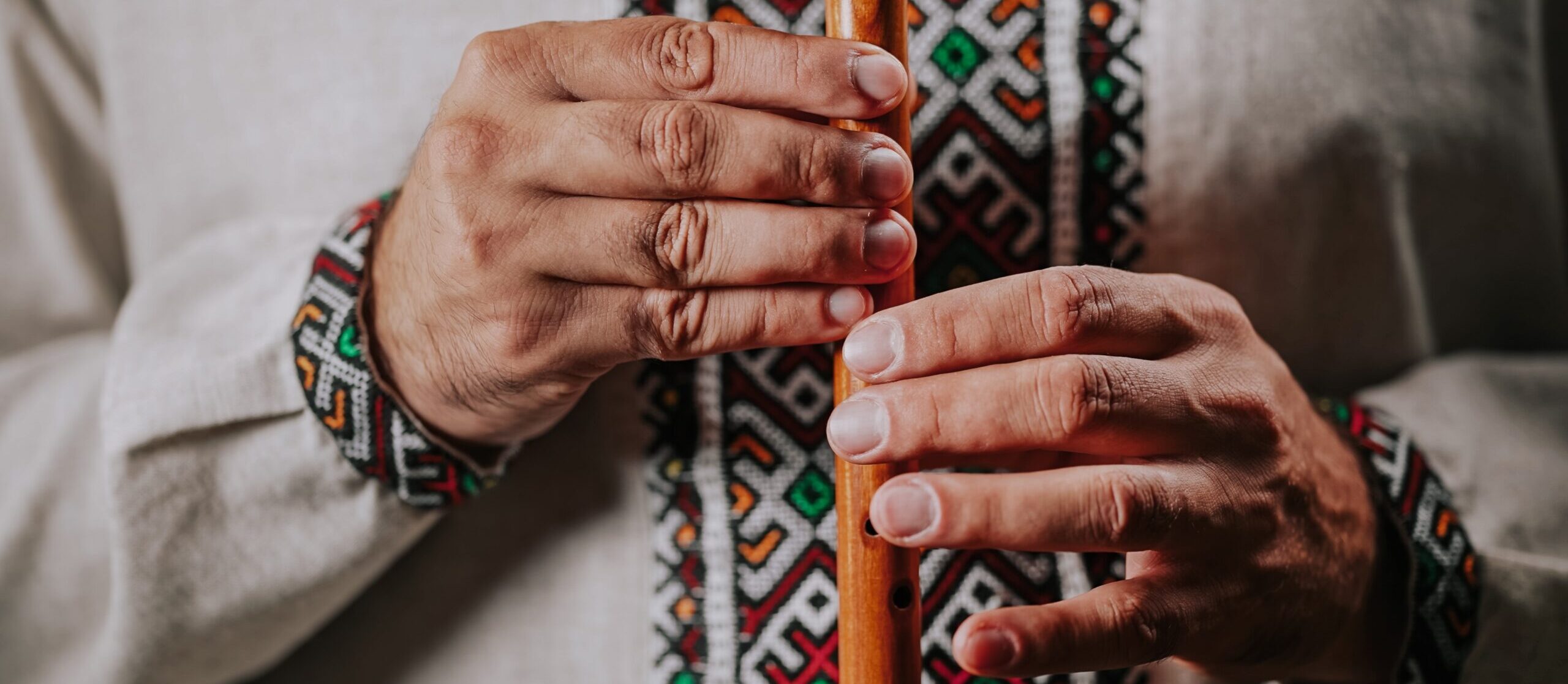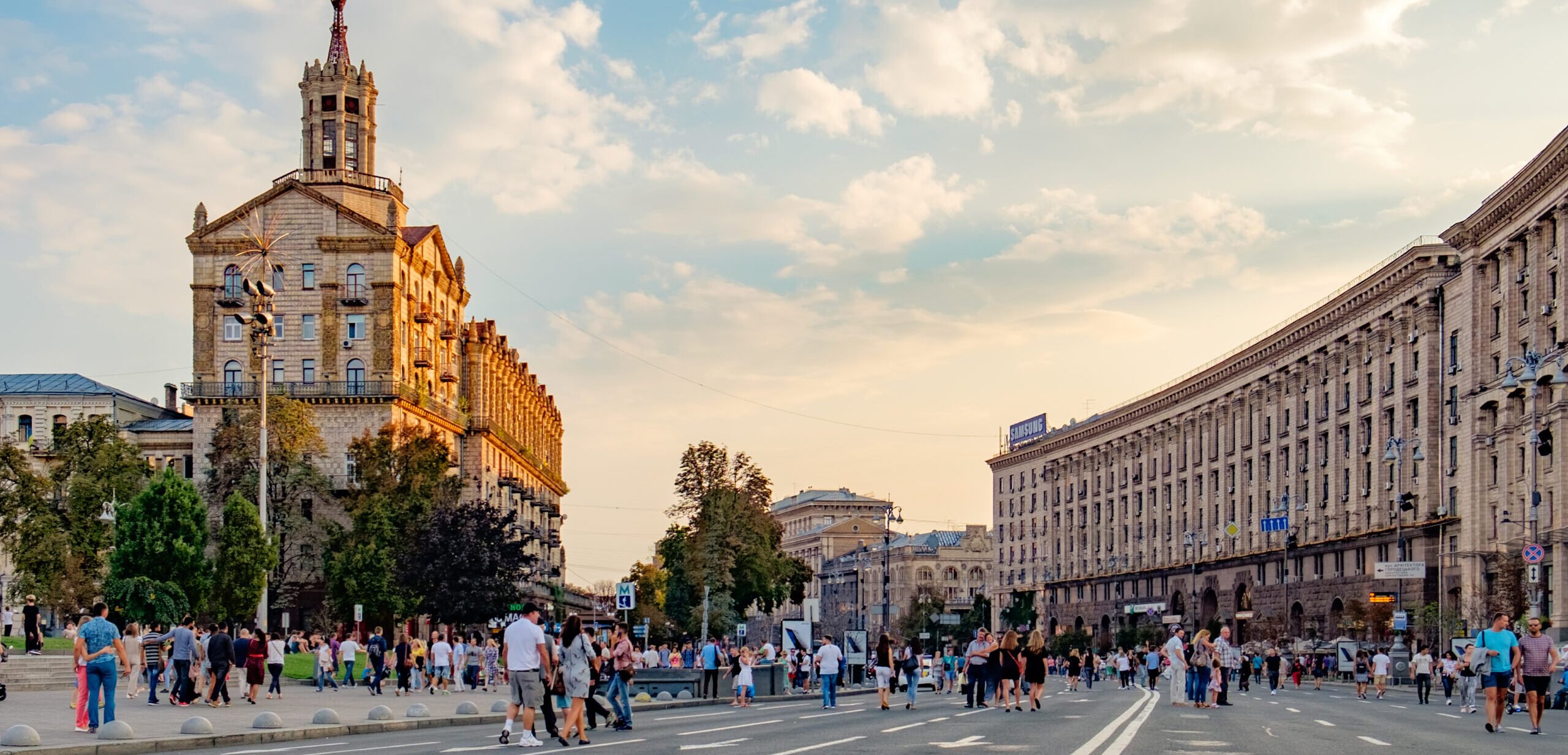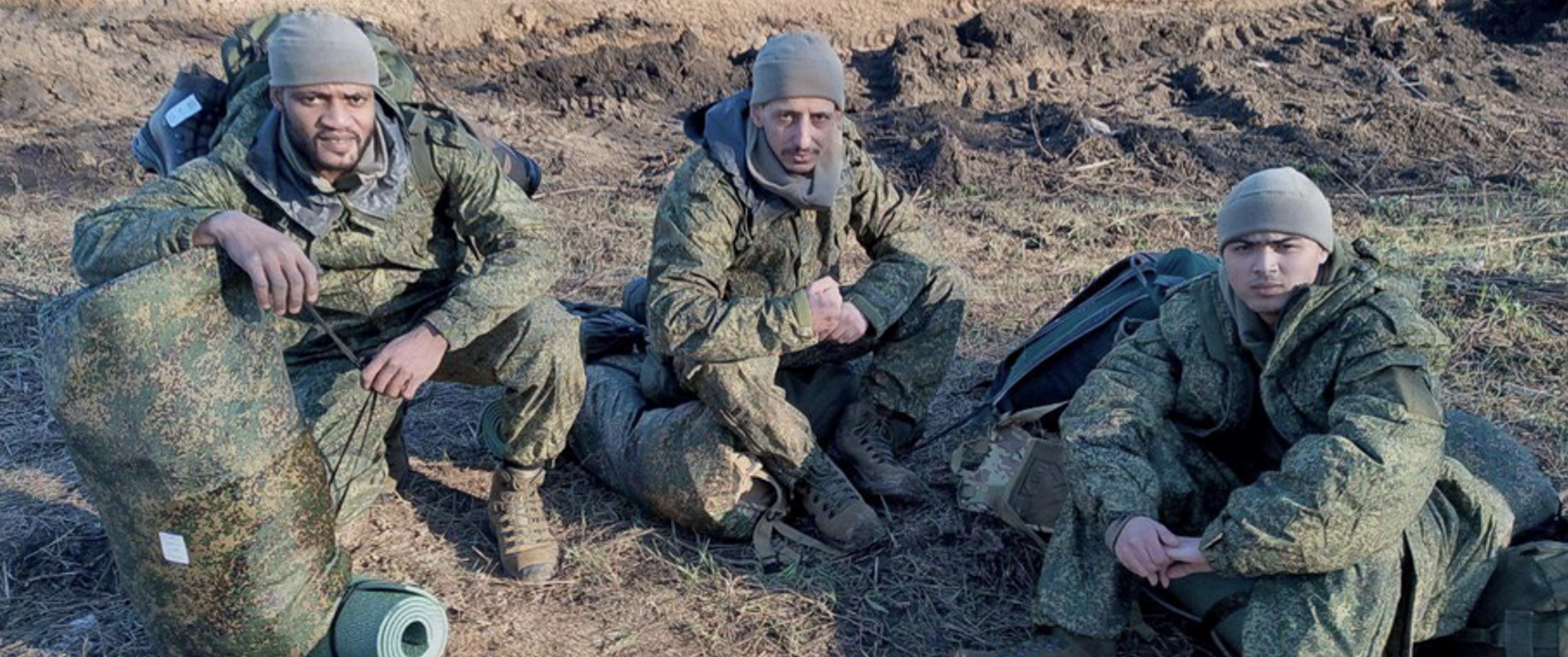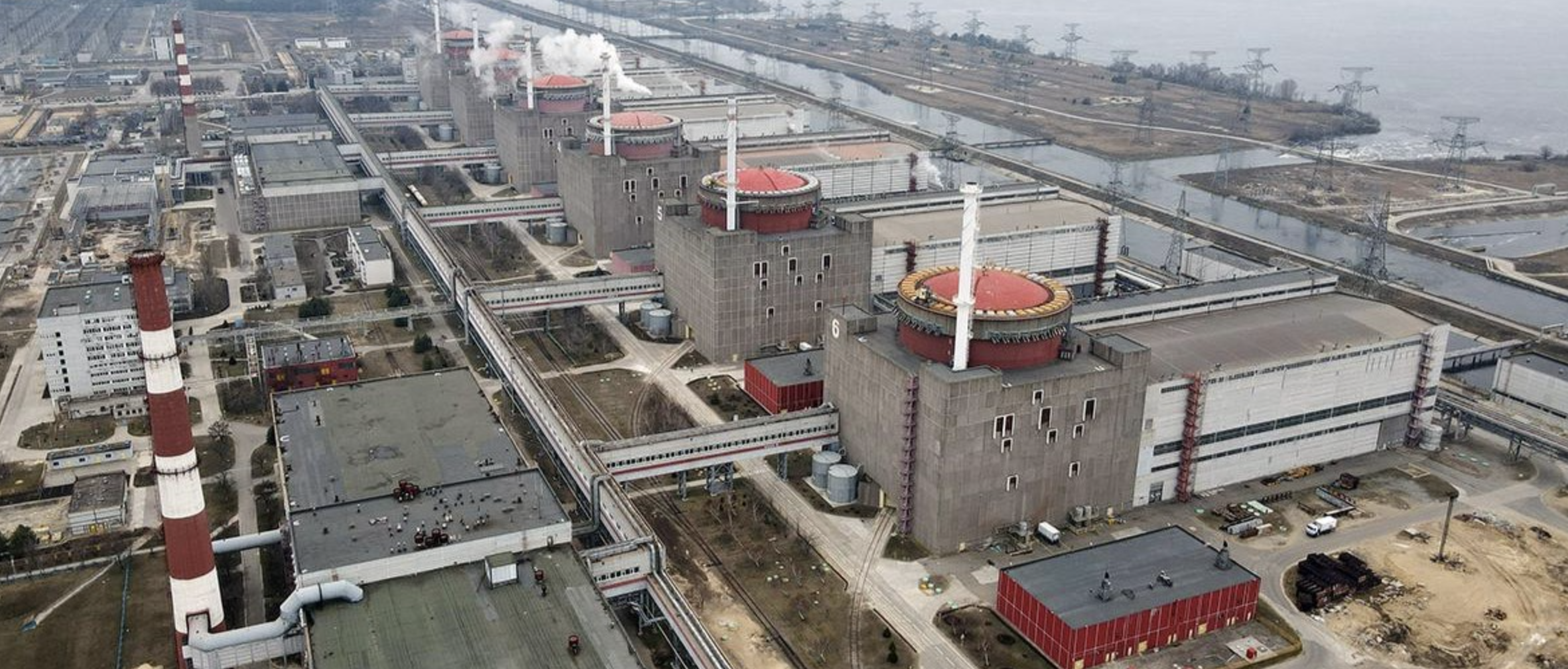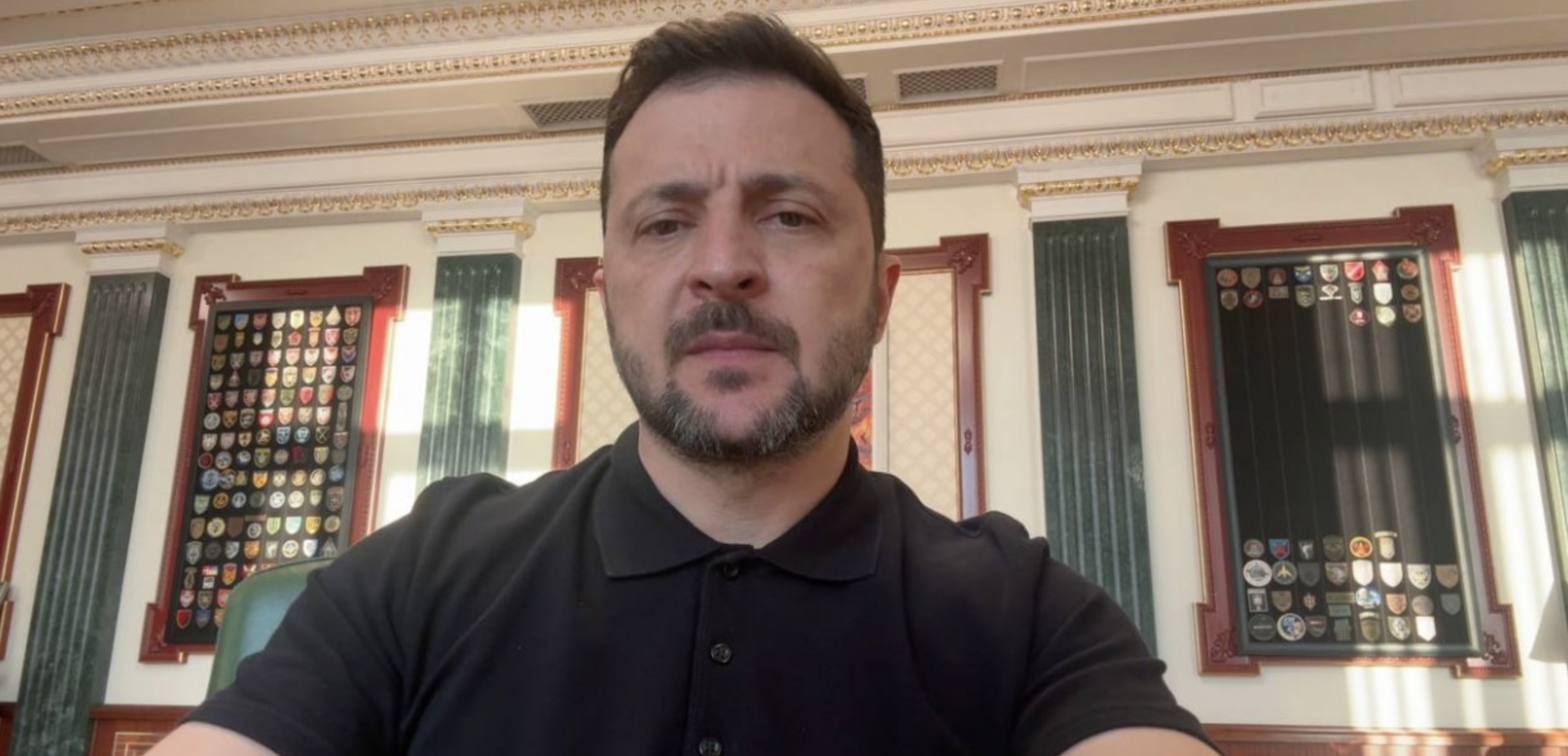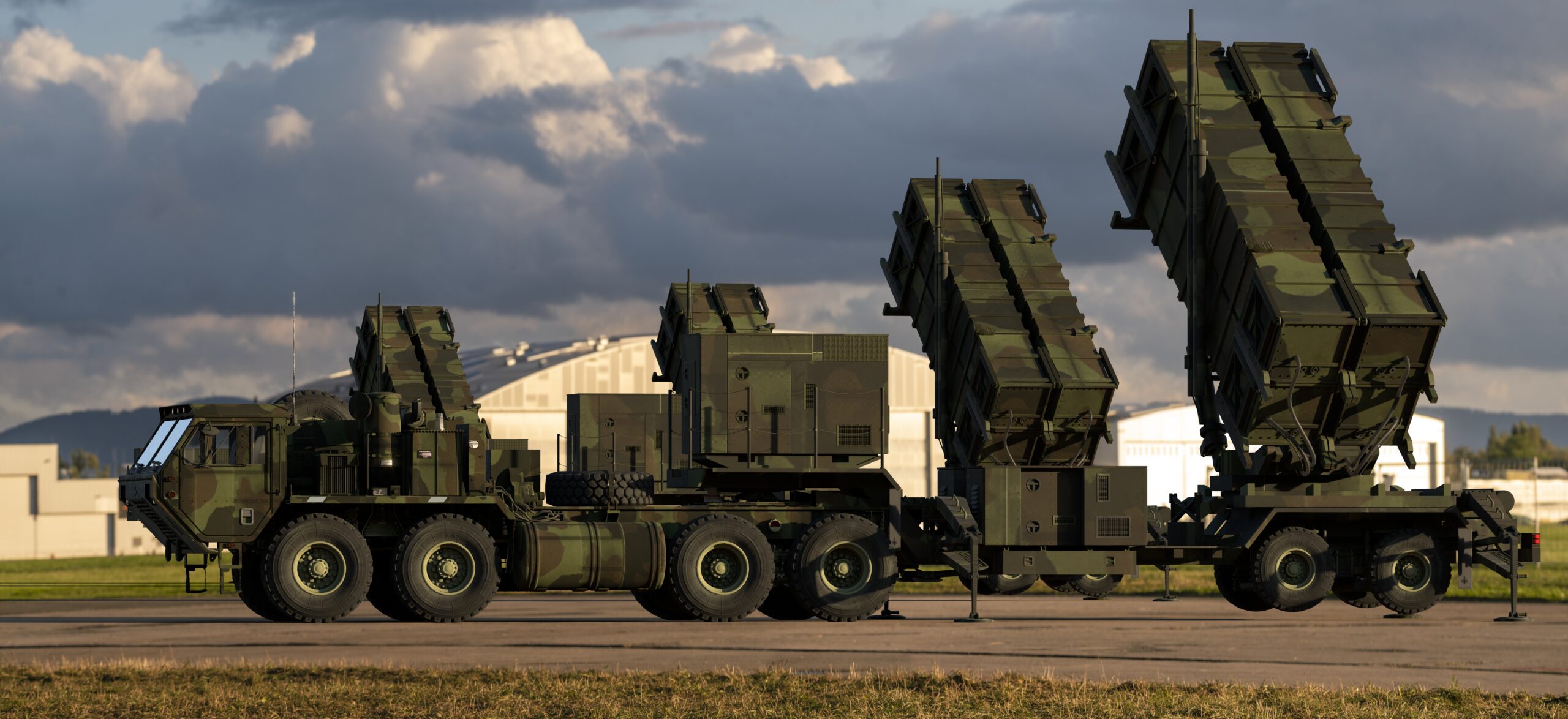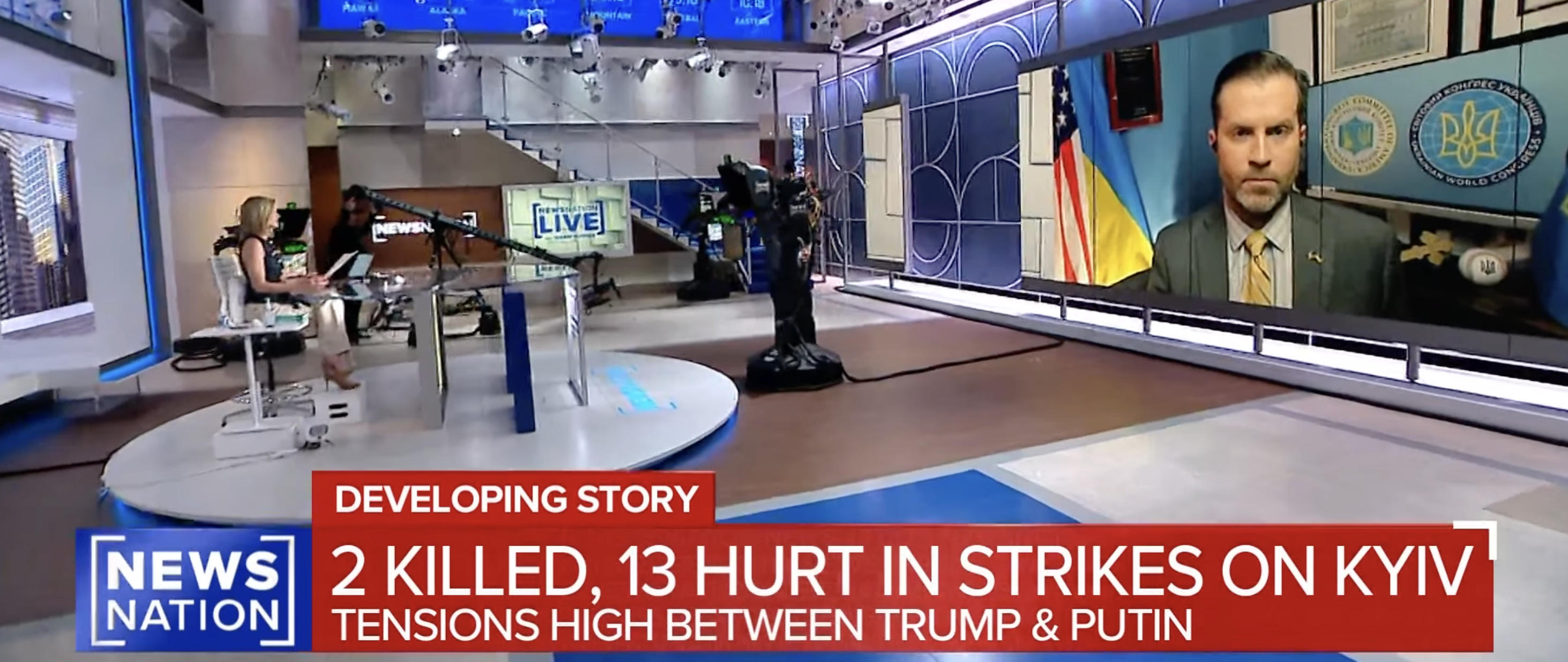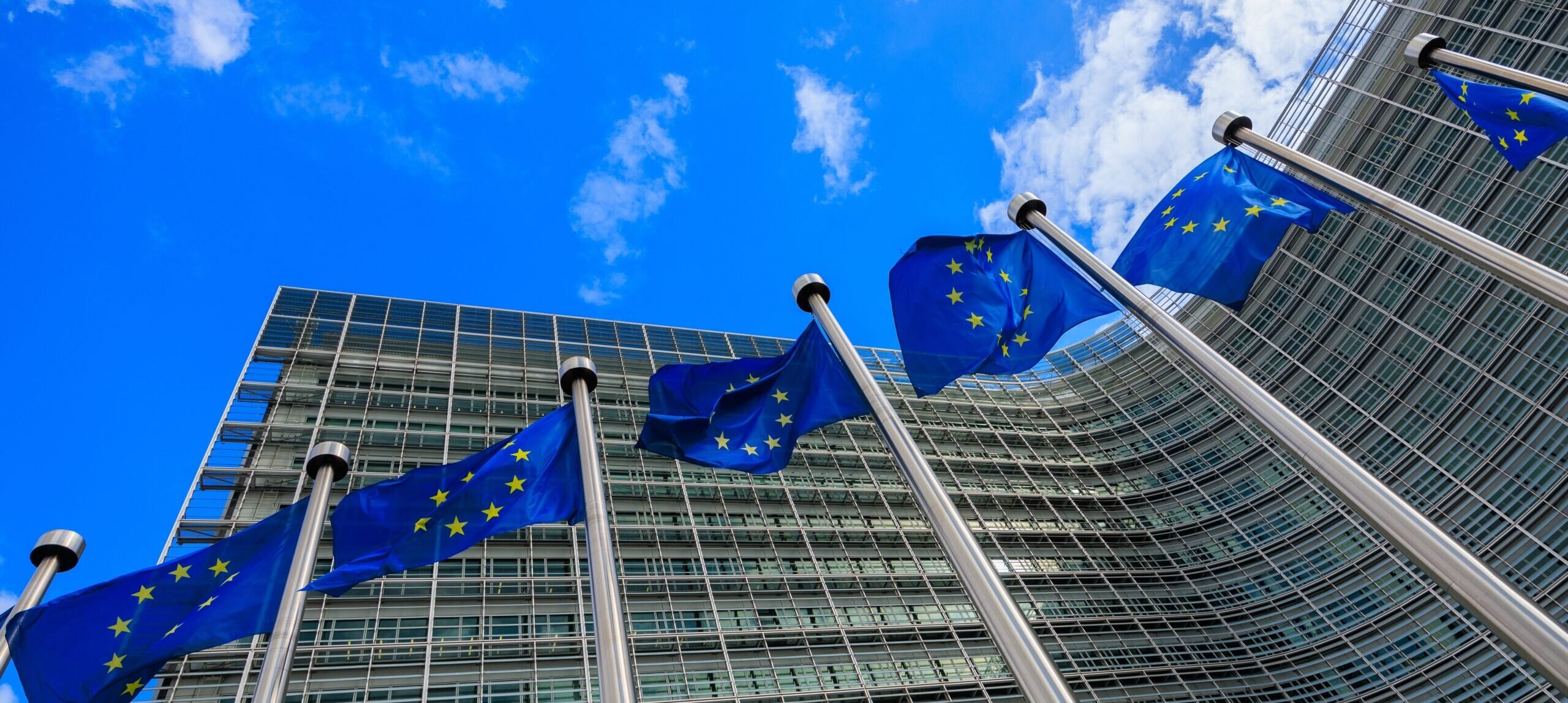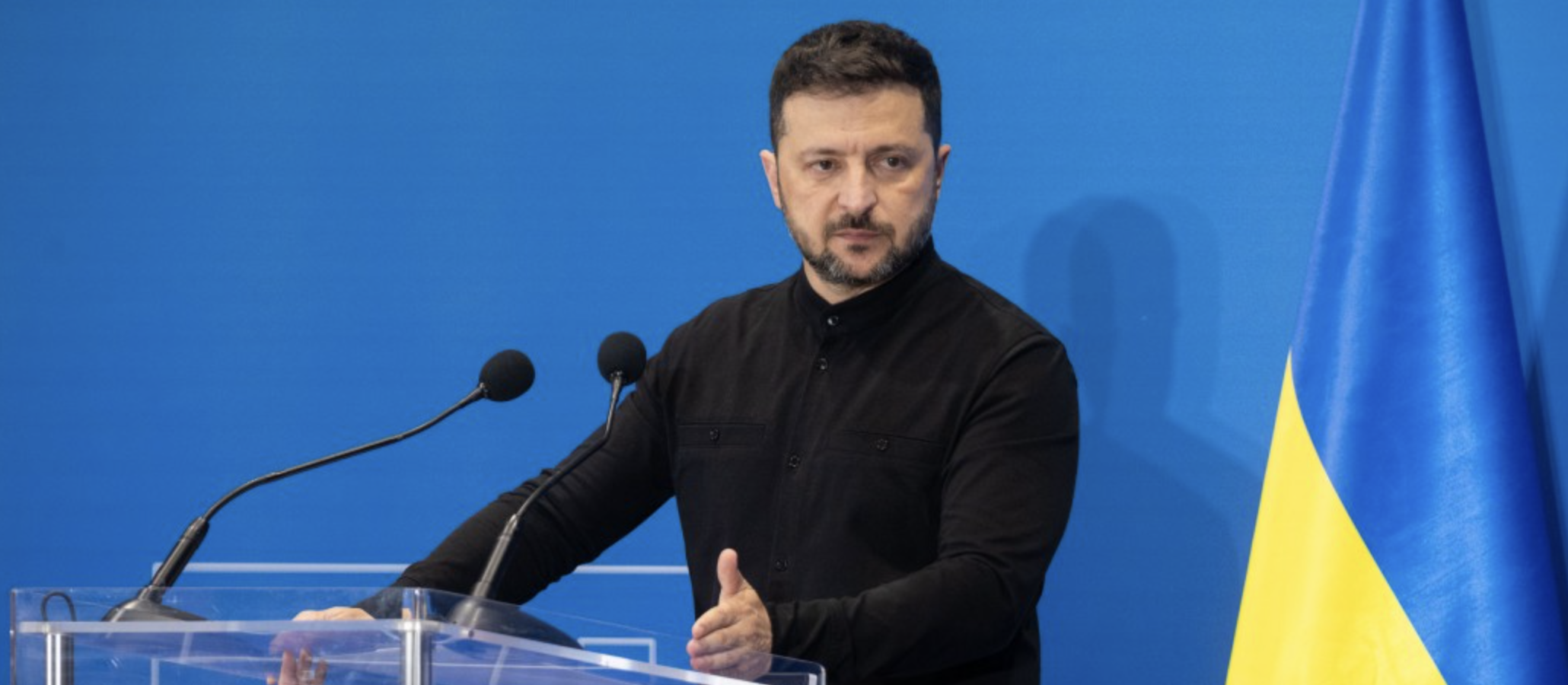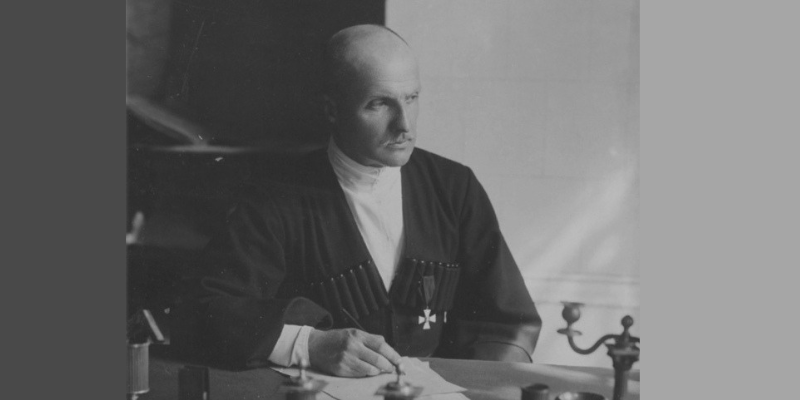
On May 15, 2023, the Ukrainian World Congress (UWC), and Ukrainians worldwide, celebrate the 150th anniversary of the birth of Pavlo Skoropadsky (1873-1945), the prominent Ukrainian statesman, politician and military leader who was the last Ukrainian Hetman [Kozak leader], and who is rightly considered one of the founders of Ukrainian statehood during the twentieth century.
When he became the head of the young Ukrayinska Derzhava (Ukrainian State) at a critical time in the spring of 1918, Pavlo Skoropadsky set the example of state-building whose benefits Ukrainians still enjoy today.
The 7.5 months of Skoropadsky’s rule, known as the Hetmanate period, was short in duration, yet it brought the long-awaited stabilization of Ukrainian political and economic life that allowed Ukrainians to focus on establishing their state, social, and cultural institutions: it was during the Hetmanate that the Ukrainian Academy of Sciences, the Ukrainian National Library, the State Archive, the Ukrainian Symphony Orchestra, several Ukrainian universities, and the Ukrainian Autocephalous Orthodox Church were founded.
In that time, the Ukrainian State was recognized by 30 countries, and opened diplomatic missions in 23 of them; the Hetman reinforced the state border; supported the liberation movement in Belarus; and supported the Ukrainian national revival in the Kuban region of the collapsed Russian empire, where the new government had considered joining Ukraine on a federative basis; in the late summer and early fall of 1918, Skoropadsky suppressed the separatist movement in Crimea, and officially annexed the peninsula to the Ukrainian State.
But this all changed in the fall of 1918: under the influence of turbulent political changes in Europe, and, under pressure from Western partners, Pavlo Skoropadsky was forced to strike a painful compromise with Russian political forces in November 1918 that led to an uprising in Ukraine, resulting in the Hetman’s subsequent abdication of power.
In exile, Hetman Pavlo Skoropadsky directed all his efforts towards Ukrainian public and political life in the Diaspora: he expanded the powerful Ukrainian monarchist movement, and worked to unite disparate Ukrainian political forces in the common struggle for Ukraine’s independence; members of the Ukrainian liberation movement, such as Stepan Bandera, Andriy Melnyk, and Yaroslav Stetsko, owe their release from Nazi concentration camps to Skoropadsky.
In Ukrainian national memory, Pavlo Skoropadsky is a member of one of the oldest aristocratic Ukrainian families; he will forever serve as a model of selfless service to his country and to his people, a symbol of the commitment to maintaining national traditions, and an example of the resoluteness required to defend Ukrainian national interests.
